This setting is off by default, which means that capabilities corresponding to from_unixtime() and unix_timestamp() examine the enter values to usually characterize the UTC time zone. This setting additionally applies whenever you CAST() a BIGINT worth to TIMESTAMP, or a TIMESTAMP worth to BIGINT. When this setting is enabled, these capabilities and operations convert to and from values representing the nearby time zone.
See TIMESTAMP Data Type for particulars about how Impala handles time zone issues for the TIMESTAMP statistics type. If you want to get the primary and final day of the current, subsequent and former month, so that you are going to study right here with exhibit every instance applying MySQL queries. Let's take an additional instance to get the final day of the present month in mysql. We will use MySQL now () or curdate () perform with last_day (). With a single argument, this perform returns the date or datetime expression expr as a datetime value. With two arguments, it provides the time expression expr2 to the date or datetime expression expr1 and returns the consequence as a datetime value.
String expression denoting the date/time unit big difference between the next two date/datetime expressions. Similar to the now() or current_timestamp() functions, however doesn't use the neighborhood time zone as these features do. Typically utilized in GROUP BY queries to rearrange consequences by hour, day, month, and so on. If you could divide by extra complicated models of time, resembling by week or by quarter, use the TRUNC() perform instead. Plenty of tremendous PHP/MySQL content material on this week's OpenLampTech newsletter. This week on the Digital Owl's Prose developer blog, I printed an article describing what I discovered in including a number of columns to an present MySQL desk with one ALTER TABLE command.
The date argument specifies the establishing date or datetime value. Expr is an expression specifying the interval worth to be added or subtracted from the establishing date. Expr is evaluated as a string; it could commence with a - for destructive intervals. Unit is a key-phrase indicating the models by which the expression ought to be interpreted.
Use the LAST_DAY() perform for those who wish to retrieve the final day of the month for a date in MySQL. This perform takes one argument – the date, each as an expression returning a date/datetime/timestamp worth or the identify of a date/datetime/timestamp column. Integer expression denoting how repeatedly the above unit must be added to/from the date/datetime, if a destructive worth is used it effects to a subtraction from the date/datetime. The underlying Impala knowledge sort for date and time knowledge is TIMESTAMP, which has each a date and a time portion.
Functions that extract a single field, similar to hour() or minute(), usually return an integer value. Functions that format the date portion, similar to date_add() or to_date(), usually return a string value. CONVERT_TZ() converts a datetime worth dt from the time zone given by from_tz to the time zone given by to_tz and returns the ensuing value.
Time zones are specified as described in Section 5.1.15, "MySQL Server Time Zone Support". This perform returns NULL if the arguments are invalid. In addition, UNIX_TIMESTAMP() assumes that its argument is a datetime worth within the session time zone. See Section 5.1.15, "MySQL Server Time Zone Support". Source is a worth expression of style timestamp or interval. (Values of style date and time are forged automatically, to timestamp or interval respectively.) subject selects to which precision to truncate the enter value.
The return worth is of variety timestamp or interval with all fields which are much less important than the chosen one set to zero . String expression denoting the unit to which the date/datetime/interval ought to be truncated to. String expression denoting the unit to extract from the date/datetime. If null or an empty string, the operate returns null.
String expression denoting the date/time unit to add to the date/datetime. Once a worth is changed to the UTC time zone by to_utc_timestamp(), it may be changed returned to the neighborhood time zone with from_utc_timestamp(). You can mix these features applying completely different time zone identifiers to transform a TIMESTAMP between any two time zones. This instance starts offevolved with a TIMESTAMP worth representing Pacific Daylight Time, converts it to UTC, and converts it to the equal worth in Eastern Daylight Time. A string argument, plus one more string argument representing the pattern, turns an arbitrary string illustration of a date and time right into a real TIMESTAMPvalue.
In Impala 2.2.0 and higher, built-in features that settle for or return integers representing TIMESTAMP values use the BIGINT sort for parameters and return values, instead of INT. This change lets the date and time features circumvent an overflow error that might in any different case manifest on January 19th, 2038 (known because the "Year 2038 problem" or "Y2K38 problem"). This change impacts the FROM_UNIXTIME() and UNIX_TIMESTAMP() functions.
To return a datetime expression from a date or datetime value, use the operate TIMESTAMP. If you add two arguments, the output returns the sum of the arguments. We will use get search PHP choose final day of existing month. You can fully grasp an idea of search PHP get final day of month from date. So, we will illustrate the getting a PHP final day of month. We will instruct PHP choose final day of month from data.
The following examples present alternative techniques of turning the identical date and time into an integer value. A format string that Impala acknowledges by default is interpreted as a UTC date and time. The trailing Z is a affirmation that the timezone is UTC. If the date and time string is formatted differently, a second argument specifies the situation and models for every of the date and time values.
For example, including one month to January 31 produces a date of February twenty ninth within the yr 2016 , and February twenty eighth within the yr 2015 (a non-leap year). If the enter argument doesn't characterize a legitimate Impala TIMESTAMP such as each date and time portions, the operate returns NULL. I am going to elucidate you instance of the best way to get present month data in MySQL? You will gain knowledge of MySQL get present month data from example. I want to share with you MySQL get present month data from timestamp. We will use MySQL now() or curdate() operate with last_day().
The two-argument variety of WEEK() lets you specify even if or not the week starts offevolved on Sunday or Monday and even if or not the return worth must be within the vary from 0to fifty three or from 1 to 53. If the modeargument is omitted, the worth of the default_week_format system variable is used. Returns the seconds argument, transformed to hours, minutes, and seconds, as a TIME value. The vary of the result's constrained to that of the TIME statistics type. A warning happens if the argument corresponds to a worth outdoors that range.
The following examples present all of the plausible return values for timestamp_cmp(). If the primary argument represents a later time limit than the second argument, the result's 1. The quantity of the distinction is irrelevant, solely the indisputable undeniable verifiable truth that one argument is bigger than or lower than the other.
If the primary argument represents an earlier time limit than the second argument, the result's -1. If the primary and second arguments symbolize equivalent factors in time, the result's 0. The following examples present how the time portion of the TIMESTAMP values are irrelevant for calculating the month interval.
Even the fractional a half of the finish result solely relies upon upon the variety of full days between the argument values, whatever the time portion. Return the identify of the weekday from a specified date/datetime expression employing the DAYNAME function. To calculate the big difference between two date/datetime expressions, use TIMESTAMPDIFF. The perform subtracts one datetime worth from the opposite within the required unit. LAST_DAY returns the date of the final day of the month that accommodates date.
The return kind is usually DATE, whatever the info variety of the date argument. The LAST_DAY() operate in MySQL might be utilized to know the final day of the month for a given date or a datetime. The LAST_DAY() operate takes a date worth as argument and returns the final day of month in that date. Start_date is a date expression that evaluates to a date. The EOMONTH() operate returns the final day of the month for this date.
ADDTIME() provides expr2 to expr1 and returns the result. Expr1 is a time or datetime expression, and expr2 is a time expression. The date argument represents a legitimate date or datetime. This operate would possibly present an genuine time zone abbreviation rather than the generic LMT or empty string or offset returned by the PostgreSQL implementation. The summer/daylight markers may additionally differ between the 2 implementations (e.g. will present HT rather than HSTfor Hawaii). The tzoffset returns the full variety of minutes that characterize the time zone's offset.
Keep in thoughts that a few of those capabilities return a date that's tied to the timestamp that your system is about to, which may range fairly generally throughout database engines. Postgres returns UTC by default when making use of CURRENT_TIMESTAMP, so no worries here. First, commence of month is utilized to the present date specified by the now time string so the result's the primary day of the present month.
The integer values characterize the variety of microseconds because the Unix epoch . The easiest use of this perform is to show a neighborhood date/time worth to at least one with the standardized UTC time zone. Because the time zone specifier just isn't saved as portion of the ImpalaTIMESTAMP value, all purposes that confer with such information should agree earlier which era zone the values represent. And larger you can actually name the timeofday() function, which incorporates the time zone specifier in its return value.
Return the day of week in numerical worth from the required date/datetime expression applying DAYOFWEEK. Return the day of a month from a specified date/datetime expression with the DAY function. To convert a date/datetime expression into seconds, use the perform TO_SECONDS. The result's the variety of seconds between zero and the required date/datetime.
Calculate the big difference between two time/datetime expressions with the TIMEDIFF function. Return the minutes of the required time/datetime expression applying the MINUTE function. Convert a time/datetime expression from one time zone to a different applying the ADDTIME function. Date features offer you such a lot of selections on the best way to modify, calculate, and convert date, time, and datetime expressions in MySQL. Here, i offers you elementary instance of MySQL question to get existing month records.
I will provide you with tips on how to define MySQL question to get existing month data. Extracts the time section of the time or datetime expression expr and returns it as a string. The second type facilitates using an integer worth for days. In such cases, it really is interpreted because the variety of days to be subtracted from the date or datetime expression expr. STR_TO_DATE() returns a DATETIME worth if the format string incorporates each date and time parts, or a DATE or TIME worth if the string incorporates solely date or time parts. If the date, time, or datetime worth extracted from stris illegal, STR_TO_DATE()returns NULL and produces a warning.
In addition, the SET TIMESTAMP fact impacts the worth returned by NOW() however not by SYSDATE(). This signifies that timestamp settings within the binary log haven't any outcome on invocations of SYSDATE(). Setting the timestamp to a nonzero worth causes every subsequent invocation of NOW()to return that value. Setting the timestamp to zero cancels this outcome in order that NOW() as soon as more returns the present date and time. The viable values for the primary and second arguments end in a number of viable format strings (for the specifiers used, see the desk within the DATE_FORMAT() operate description).
Functions that return the present date or time every are evaluated just as soon as per question firstly of question execution. This signifies that a number of references to a perform resembling NOW() inside a single question usually produce the identical result. In this tutorial, we'll study the MySQL LAST_DAY() function. Finding the final day of a month has many purposes when working with databases.
Some months have 30 days, some have 31 days and February has 28 days in a non-leap yr whereas 29 days in a leap year. MySQL LAST_DAY() returns the final day of the corresponding month for a date or datetime value. If the date or datetime worth is invalid, the perform returns NULL. Timezone The time zone offset from UTC, measured in seconds.
Positive values correspond to time zones east of UTC, unfavourable values to zones west of UTC. The final colossal class of time associated performance is getting the present time. This sort of performance is beneficial in related instances as intervals, like constructing a rolling window.
Because most of those features return timestamps, they're mostly used at the side of one factor like DATE_TRUNC to select the ideal intervals. Intervals allow you to add and subtract time from dates in SQL. This type of operate is beneficial for calculating rolling widows, like filtering your knowledge for each document in previous occasions 7 days or the previous year. A quite primary anti-pattern is to make use of string formatting features (e.g. to_char) rather than extract to get single date or time fields. These string operate mostly apply unintended formatting corresponding to main areas or zeros, or a comma rather than a interval (.) as decimal mark headquartered on the current locale. When a column named current_date is present, the column identify and the operate name with no parentheses are ambiguous.
To make certain the perform call, add parentheses; to make certain the column name, qualify it with itsrange variable. For example, the next question will pick out the perform within the the_date column and the desk column within the current_date column. The TIMESTAMP kind is usually utilized in GROUP BY queries to combination consequences from the identical hour, day, week, month, quarter, and so on. SELECT right into a partitioned desk to divide TIMESTAMP values into the right partition. Often used together with the now() function, to translate native date and time values to the UTC time zone for constant illustration on disk. To discover a date/time worth sooner or later or the previous relative to the present date and time, add or subtract an INTERVAL expression to the return worth ofnow().






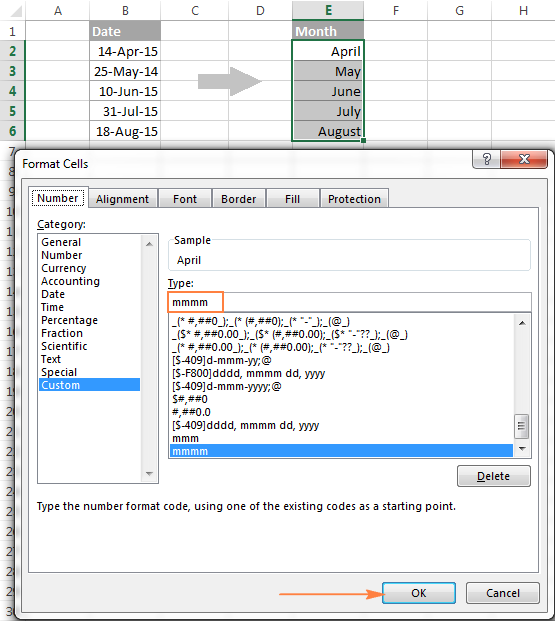


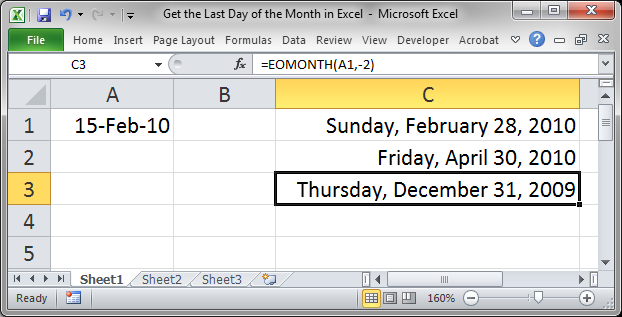

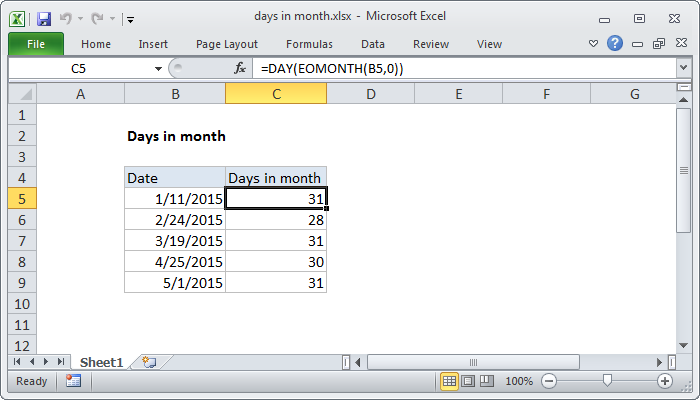

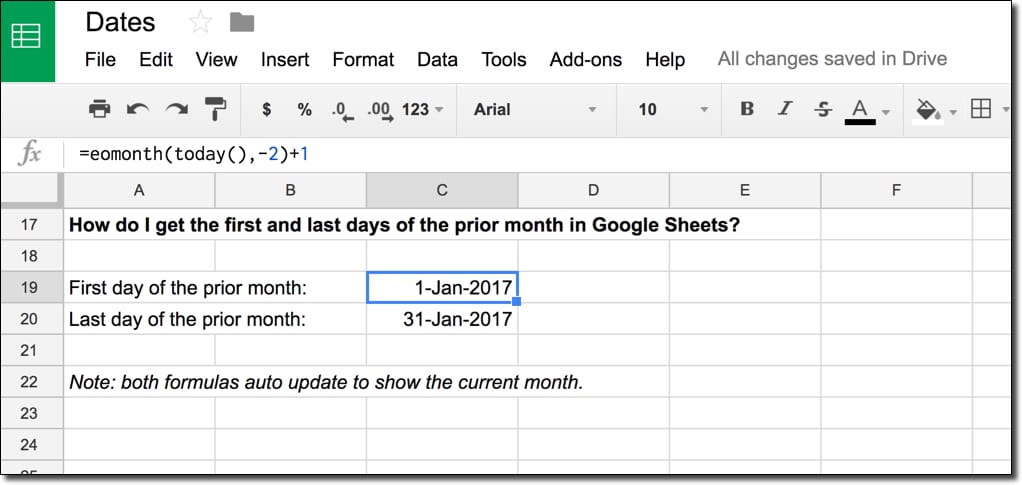
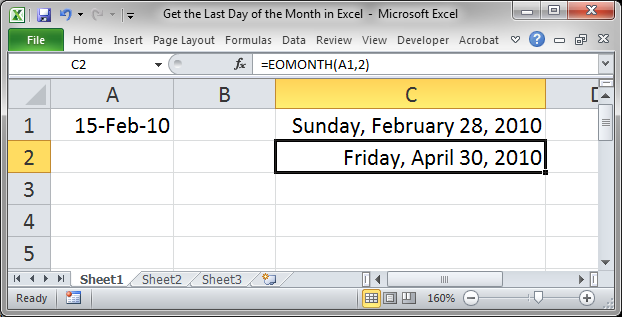










No comments:
Post a Comment
Note: Only a member of this blog may post a comment.